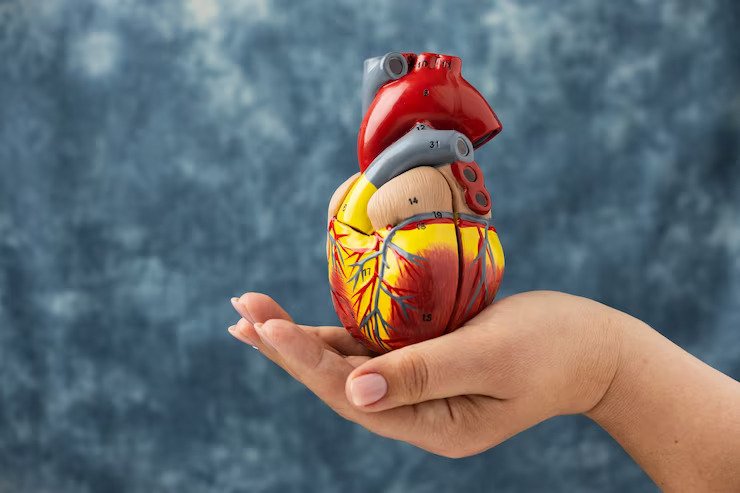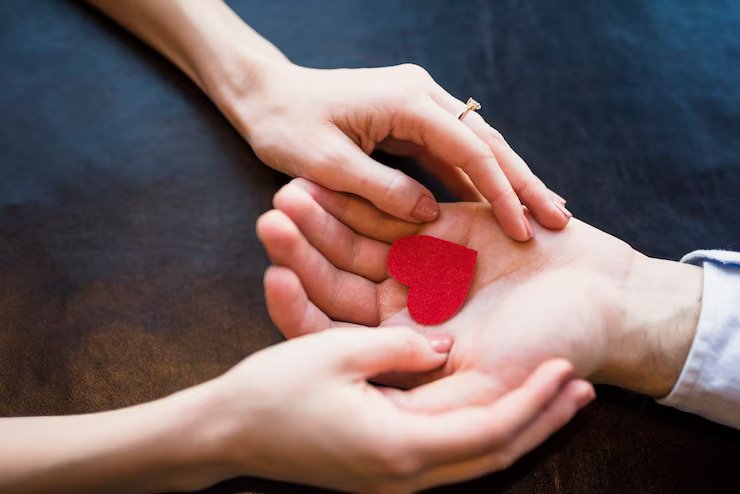What Parts Of The Body Can Be Donated After Death?
Organ and tissue donation after death saves thousands of lives each year by providing vital organs and tissues for transplant recipients in need. The selfless act of becoming an organ donor provides a second chance at life for those suffering from end-stage organ failure or severe injuries.
By registering as an organ and tissue donor, you have the power to give the gift of life even after death. You can provide organs to save lives, tissues to heal injuries, or donate your whole body to advance medical education. Interestingly you can also make a placenta donation in Michigan. Every donation makes a critical difference on transplant waitlists and in the lives of recipients.
This article explores the specific organs and tissues that are most frequently donated and transplanted after death.
Organs
Some of the major organs that are worth donating after death include the heart, kidneys, liver, lungs, and pancreas. These organs can save the lives of thousands of recipients on organ transplant waiting lists each year.
Heart
The transplantation of the heart in patients comes with end-stage heart failure who require a heart transplant to survive. Heart transplants provide the gold standard for transplant outcomes with a 90% ten-year survival rate.
Kidneys
Kidney donation often takes place together in pairs. Each kidney can save the life of a dialysis patient by restoring kidney function. A single donor kidney can last 10-15 years on average with a good prognosis.
Liver
The liver has a number of segments and ways of transplantation into multiple recipients. A donated liver can provide life-saving care for 20 years or more. Liver transplants are great for treating acute liver failure, hepatitis, and cirrhosis.
Lungs
Lungs in our body help to treat severe lung diseases like chronic obstructive pulmonary disease, pulmonary fibrosis, cystic fibrosis, and alpha-1 antitrypsin deficiency. Lung transplants significantly improve both survival and quality of life for recipients.
Pancreas
The pancreas donation takes place along with the kidneys and adrenal glands. It is useful in treating diabetes patients with severe insulin-dependent diabetes mellitus or pancreatitis. Pancreas transplants can normalize blood sugar levels and reduce the need for insulin injections.
Intestine
Intestinal transplants are possible using grafts accumulated from the deceased donor. Unlike liver and kidney transplantation, donating your small intestine can be a life-altering experience for a person living on a drip.
Tissues

Donated tissues include bone, cartilage, corneas, heart valves, skin, veins, arteries, and tendons. These tissues help in repairing injuries, restoring mobility, improving sight, enhancing reconstructive surgeries, and creating conduits for blood flow.
Corneas
Corneas can restore sight to blind recipients. Thus, a single cornea donation can enhance the vision of two people undergoing corneal transplants.
Skin
Secondly, skin donation is a great substitute for treating severe burns, nerve damage, skin cancers, and pressure ulcers. It helps maintain body temperature regulation, protects internal organs, and promotes sensation. Skin grafts can cover up to 90% of a severe burn patient’s body.
Arteries And Veins
Both veins and arteries are helpful in coronary artery bypass surgery, leg bypass, and aneurysm repair. They provide detoured passages for blood to flow around blocked vessels improving circulation.
Whole Body Donation
Some donors opt to donate their entire body to medical education and training after death. Whole-body donations provide invaluable opportunities for medical students to learn human anatomy and surgery. Donated bodies receive treatment full of dignity as well as respect at all times. After use for education, cremated remains are typically returned to families upon request.
FAQs About Organ And Tissue Donation
Nonetheless, donating a body part is a big decision, and we know you have been jumbled with tons of questions. Don’t worry; as always, we have got your back! Know about donating organs and tissues in the next section of the article:
How To Become An Organ Donor?
There is a set of rules that one must follow in order to become a donor. Firstly, it is important to join a donor registry. Apart from being a mere expression of interest, a registry has a big role to play in organ and tissue donation.
It is legal consent from the donor, and that no false claims can be made after the death of the person.
Does Organ Donation Have Anything To Do With Getting Medical Benefits?
Tissue or organ donation has got absolutely nothing to do with acquiring medical care. Your donating decisions can never affect the medical care quality you receive. If so, you can always take the necessary actions.
Can Organ Donation Cause Body Disfiguration?
The recovery of tissues, eyes, and other organs is carried out by trained medical experts. Hence, even after such a rigorous surgical procedure, families can conduct a conventional funeral service.
Is There Any Cost Associated With The Donor’s Family?
The organ donor owes absolutely nothing before, after, or during the donation process. No medical claims can be made to the family regarding associated costs.
Why Must One Consider Donating Organs?
Every nine minutes, a person dies due to organ failure. Tissue and organ donation provides life and hope to patients that await transplants. In simple terms, it is no less than a lifesaving gift for a lot of people across the world.
One might never actually see the impact of this decision; this legacy will be experienced by their friends, relatives, and family members. As a donor, you leave a legacy of healing and love and set examples in the community. After all, what could be better than the gift of sight or the ability to walk again?
Donation encourages transplant patients to cherish little moments in life again. This noble decision brings hope to the life of patients who are waiting for a miracle.
To Wrap Up
Thanks to the generosity of organ and tissue donors, lifesaving transplants and life-enhancing surgeries are possible. Even relatively “small” donations of veins, tissues, and bone can significantly improve both the duration and quality of countless lives. Every donation matters, and together, we can create a healthier world for all. By registering as a donor, you have the power to give the ultimate gift of life.
Read Also:
- What Are Blood Cell Disorders? Symptoms,Treatment, And Prevention
- 10 Ways Chiropractic Care Can Enhance Your Health
- What Are The Organs Left Side Of The Body?



